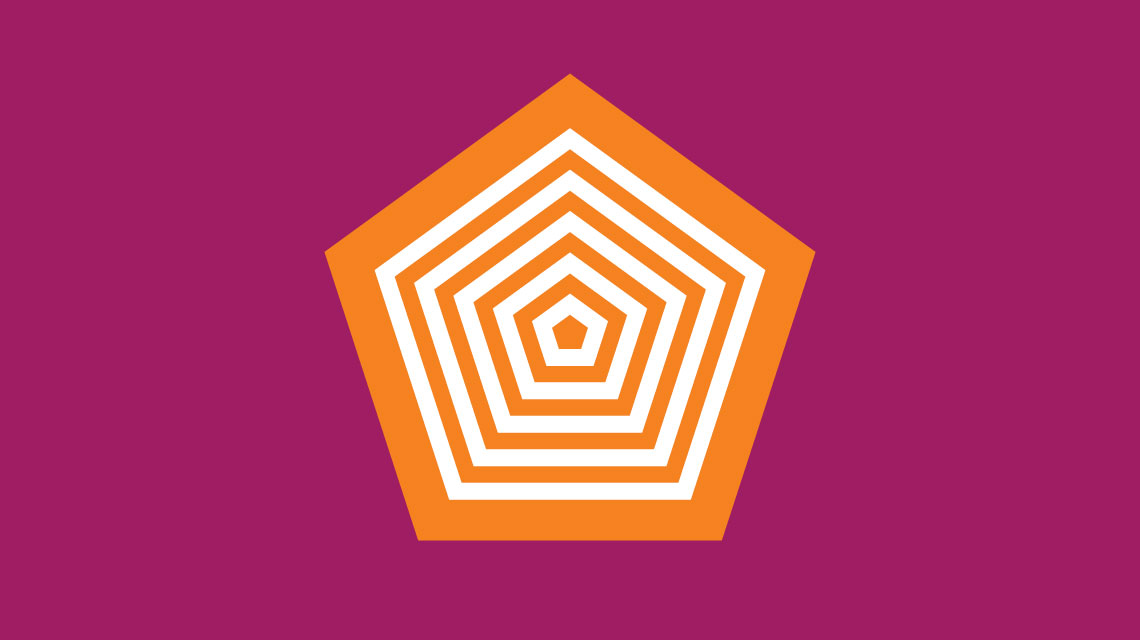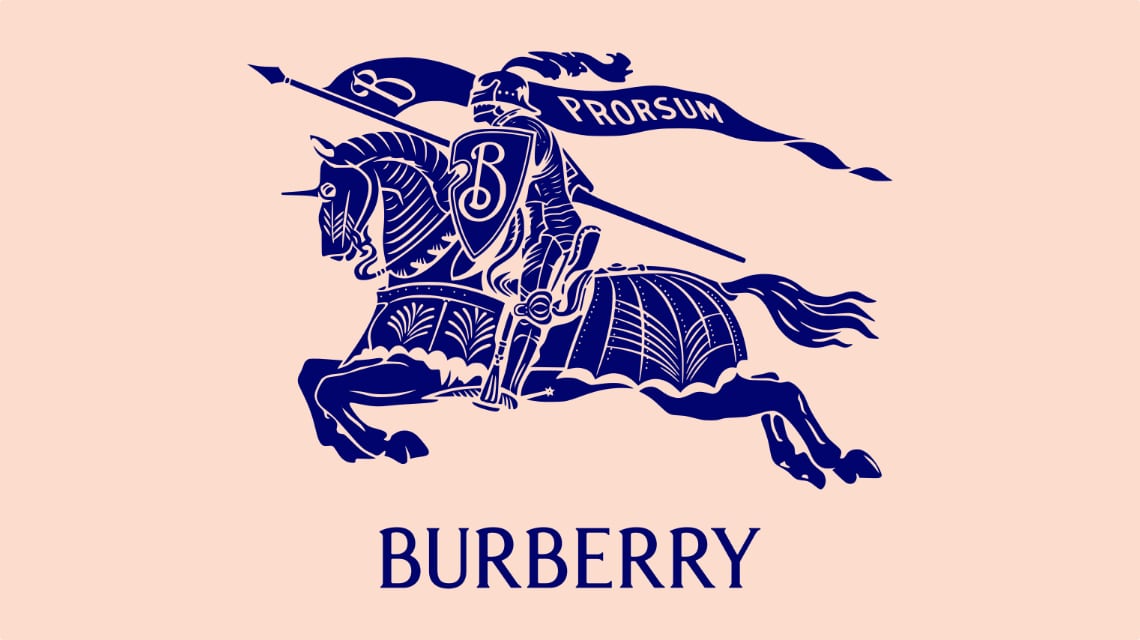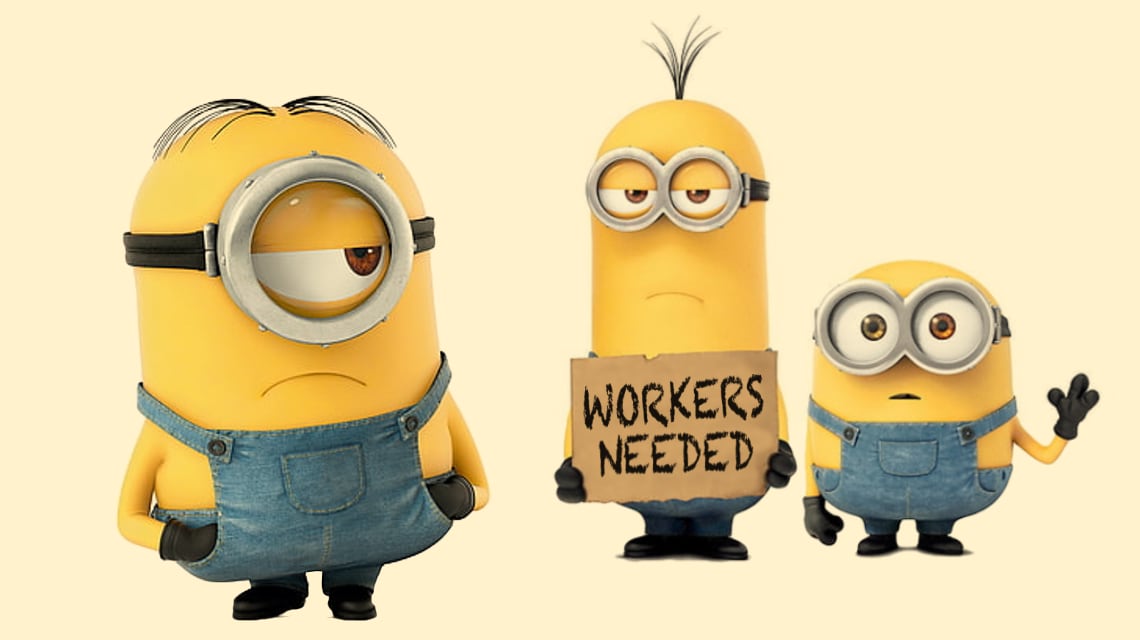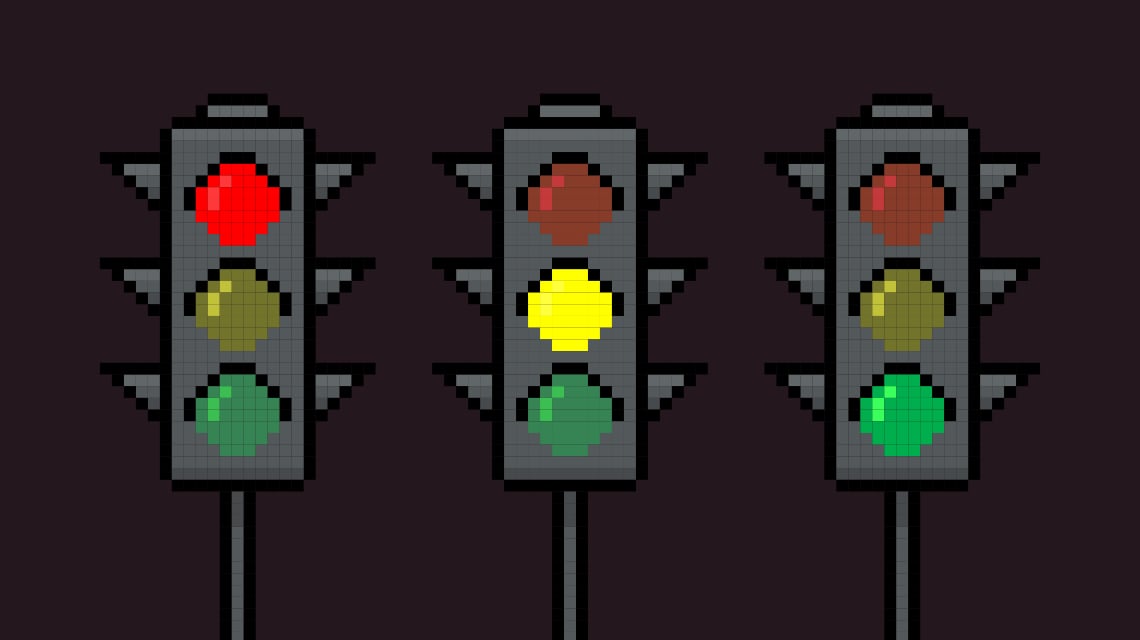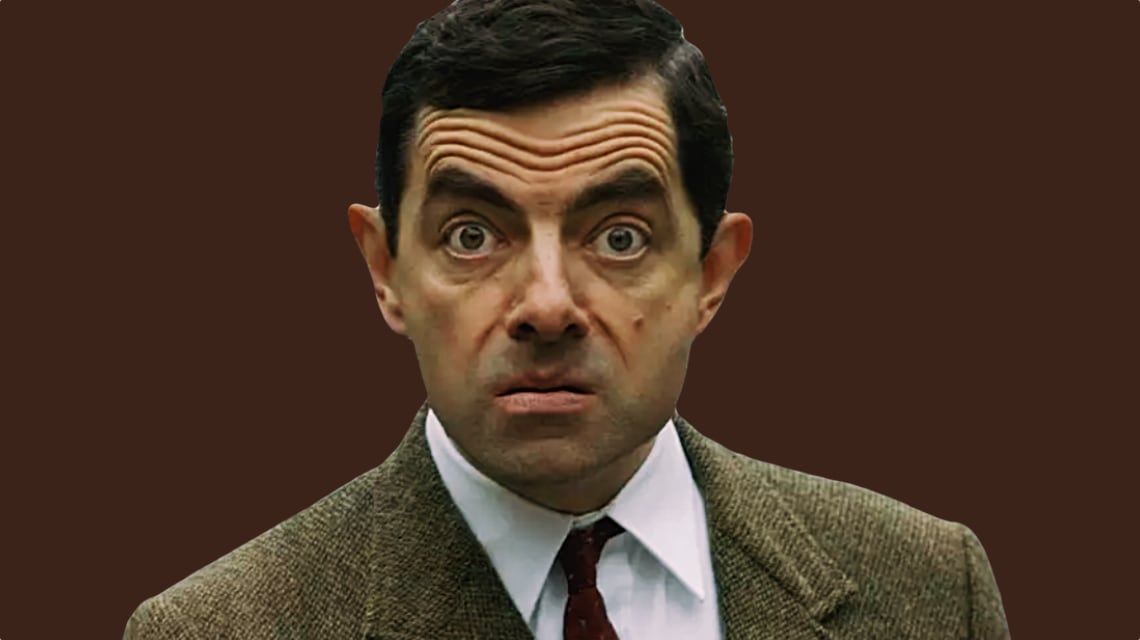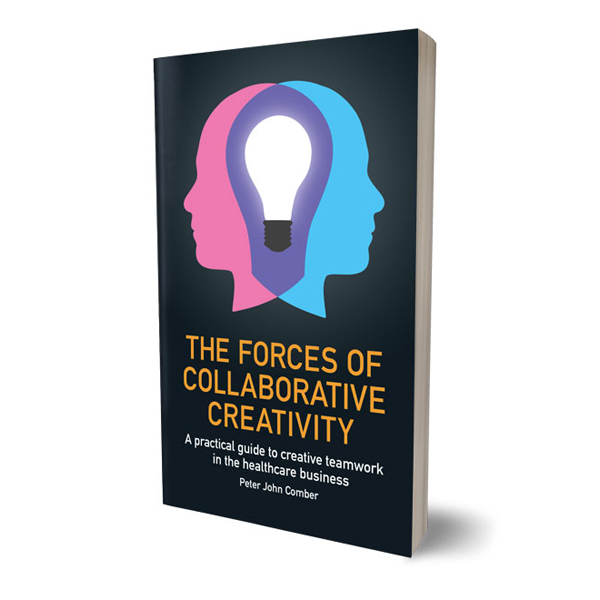Self-discovery and Collaborative Creativity.
The first in a series about the five forces of Collaborative Creativity.
In ‘The Forces of Collaborative Creativity’, I explain the Collaborative Creativity method and examine its effects and why it works. The theory I have formed, based on personal experience and observation, is that Collaborative Creativity generates five forces: Self-discovery, Empathy, Realisation, Cohesion and Invention. In this article, I focus on Self-discovery.
The importance of Self-discovery lies in the fact that conscious thought is just a small fraction of our mental activity. It has been estimated that we make more than 30,000 decisions in a typical day - if that is correct, when we are awake we make a decision every two seconds, on average. It sounds exhausting. Fortunately, we are unaware of the vast majority of the decisions we make and even why we make them. It allows us to be cognitively efficient and function quickly. Life and death decisions often require a speed of action that makes conscious thought impossible.
The uncomfortable fact is that we usually don’t think consciously and deeply about what we are doing or why. Self-discovery, in this context, is the enlightenment that derives from conscious examination of specific actions and motivations - thinking about that which we don’t normally think about.
In healthcare, Self-discovery is especially important for understanding patient behaviour and attitudes towards their condition and therapy. Therapeutic non-compliance is a serious problem, up to 50% of all prescribed drugs are not taken correctly. Some of the reasons for non-compliance are practical, but many are emotional and the result of non-conscious behaviour. Traditional research interviews only collect information that the interviewee is consciously aware of and offer a partial and sometimes misleading picture. Collaborative Creativity uses the power of Self-discovery to understand the beliefs, emotions and needs that truly influence behaviour.
Habits are a prime example of unconscious decisions and behaviour. Patients, doctors and the people who work for pharmaceutical companies all have habits specific to their role. To borrow a term from computer technology, a habit is a ‘routine’ - it works on a simple principle of ‘if this, then that’. A trigger of some kind elicits an automatic reaction. Some habits are born bad, behavioural scientists call the pleasurable reward that comes from an indulgent action or choice ‘hedonic utility'. Other habits are born good and turn bad over time, as a routine. These types of habit are particularly treacherous, we believe we are acting correctly when we are not. The habit is formed in a specific scenario where we consider the action of the soon-to-be-habit to be in some way beneficial to us. After we have formed the habit, if the scenario changes slowly or subtly we unthinkingly continue the action - victims of, ‘if this, then that’. The efficiency advantage of automatic thought and action is pragmatically useful but it makes understanding and changing behaviour difficult. Collaborative Creativity solves this using specifically designed exercises to make participants re-appraise their actions in a certain scenario. The outcome is that participants ‘discover’ aspects of their habitual behaviour they were previously unaware of. This is the force of Self-discovery.
